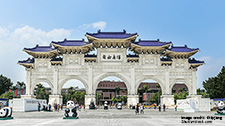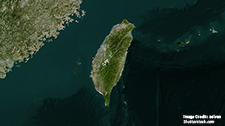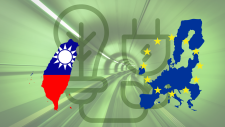Challenges Faced by TSMC and Its Suppliers in Expanding to Europe
Yi-Chieh Chen and Chung-min Tsai
The semiconductor shortage caused by the COVID-19 pandemic resulted in the European Chips Act (ECA). The ECA was first proposed in February 2022 aiming to double the European Union’s (EU) global market share in semiconductor manufacturing to 20 percent by 2030.* The ECA opens a door for Taiwanese companies to reposition their geopolitical strategy. In August 2024, the first Taiwan-invested semiconductor fabrication plant (fab) broke ground in Dresden, Germany. It will specialize in producing mature chips for automation and electrification in the automotive and industrial sectors. Taiwan Semiconductor Manufacturing Company (TSMC) and its suppliers’ overseas expansion in Germany and its neighboring countries are affected by ECA-mandated subsidies, Taipei’s foreign policy and the local business environment. Even though the construction of the fab in Dresden has started, the road is far from smooth.
This issue brief examines the hurdles in achieving profitability and sustainability by analyzing the political factors driving Taiwan’s semiconductor firms’ international expansion, TSMC’s struggles to navigate the business environment in Germany, and the hesitation of TSMC’s suppliers to expand in the EU. The challenges include high production costs, potential labor conflicts, lack of a local support system, and uncertain future market demand.



